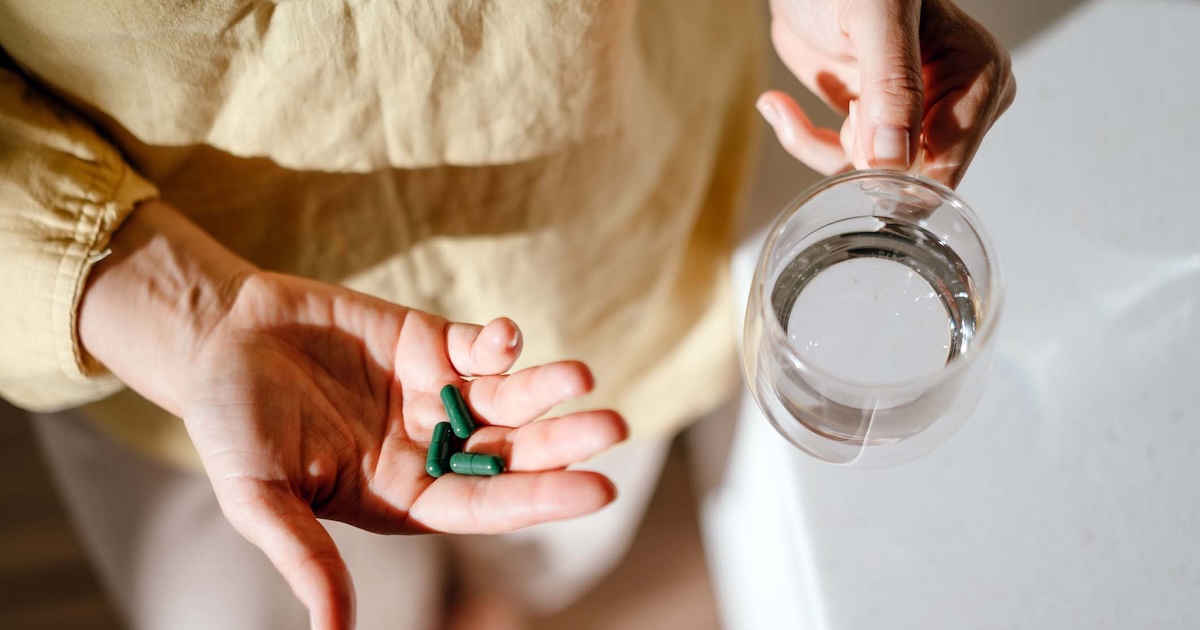
Editor's note: The story has been updated to include a quote from Alzheimer's Disease Data Initiative's interim executive director Niranjan Bose.
Microsoft founder and philanthropist Bill Gates, along with other partners, is funding a competition to harness artificial intelligence aimed at accelerating Alzheimer's disease research and related dementias (ADRD).
Backed by Gates Ventures, the Alzheimer's Disease Data Initiative (AD Data Initiative) announced that applications are now open for a $1 million first prize for agentic AI research into ADRD.
The first round of applications are due by Sept. 12, the second round by Dec. 1 and the third and final round is due by March 16, 2026.
The AD Data Initiative coalition is composed of academic, governmental, philanthropic and industry organizations.
The organization aims to work in tandem to accelerate progress toward new diagnostics, treatments and cures in Alzheimer's disease and related dementias.
On its website, the AD Data Initiative said its mission is to transform Alzheimer's disease and research into other dementias. The initiative said that it offers researchers secure data sharing and analytics tools as well as collaboration resources free of charge.
Gates, who lost his father to Alzheimer's disease, created the AD Data Initiative in 2020.
In a blog, Gates wrote, "I worked with a coalition of partners to create ADDI, because we believe that more data sharing will accelerate progress towards an Alzheimer's breakthrough. To make this happen, ADDI created the Alzheimer's Disease workbench."
AD Workbench is a secure, cloud-based data sharing and analytics environment that is the interoperability layer of the AD Data Initiative technical suite and its flagship product offering.
Available at no cost, AD Workbench allows researchers to share, access and analyze data across platforms.
To maximize AD Workbench's utility and impact, AD Data Initiative is working closely with data platform partners to ensure interoperability with AD data-sharing platforms around the world.
The partners include Answer ALS, Dementias Platform UK, Global Alzheimer's Association Interactive Network (GAAIN), Vivli, European Platform for Neurodegenerative Diseases (EPND) and Health Data Research UK (HDR UK).
"The $1 million Alzheimer's Insights AI Prize serves as catalytic funding to accelerate breakthrough solutions for Alzheimer's and related dementias at a pivotal time," Niranjan Bose, interim executive director of the AD Data Initiative, told MobiHealthNews.
"We see tremendous potential in AI, which could revolutionize the pace and scale of research, an opportunity we cannot afford to miss when 55 million people worldwide are living with ADRD."
Bose added: This prize is significant because it focuses specifically on agentic AI-systems that plan, reason and act independently rather than simply responding to prompts. We can think of these systems as research collaborators, not just tools."
THE LARGER TREND
In June, Alamar Biosciences, the Alzheimer's Disease Data Initiative and Gates Ventures announced a strategic partnership to generate proteomic datasets linked to clinical outcomes in Alzheimer's disease.
The international project aims to profile over 40,000 plasma samples representing AD and related dementias using Alamar's NULISA technology to accelerate biomarker discovery and drive new insights into the progression and treatment of AD.
In February, the Alzheimer's Disease Data Initiative launched the AD Discovery Portal, a user-friendly, publicly accessible dataset catalog aimed at helping researchers explore novel Alzheimer's disease data available via the AD Workbench.
The Ad Discovery Portal offers a diverse collection of data, including imaging, omics, clinical and multi-modal datasets.
In 2024, AARP, the AD Data Initiative and the Institute for Health Metrics and Evaluation at the University of Washington announced the Dementia Risk Reduction Project.
The project's mission is to study how factors such as air pollution, alcohol use, depression, diabetes, high body mass index, hearing loss, hypertension, low education, physical inactivity, social isolation, smoking and traumatic brain injury vary by state and their correlation to dementia.
The research aims to explore causal links between each factor and dementia, providing information for consumers and policymakers to address dementia risks in their communities.
In June, Illimis Therapeutics, a biotechnology company focusing on central nervous system and immune diseases, closed a $42 million (58 billion KRW) Series B round of financing.
The funds were used to accelerate the development of GAIA-based Alzheimer's disease drugs, expand the company's indications to include immune disorders and broaden its pipeline of drug candidates.
In January, neurotechnology company Grey Matter Neurosciences secured $14 million in seed financing to develop an ultrasound headset for individuals with Alzheimer's disease and test the device in clinical trials.
The seed funding supported advanced research on focused ultrasound neuromodulation. The company said it intended to construct an ultrasound headset for Alzheimer's patients and perform clinical trials to demonstrate the safety and feasibility of the technology.


